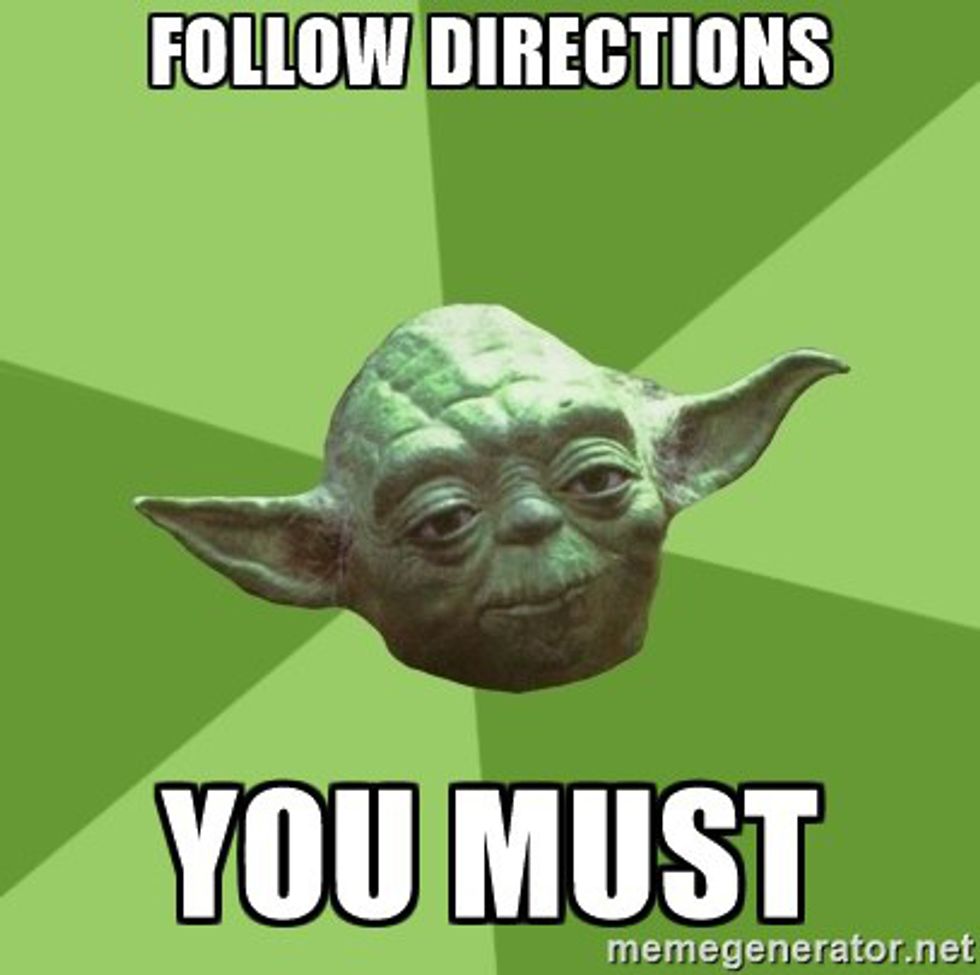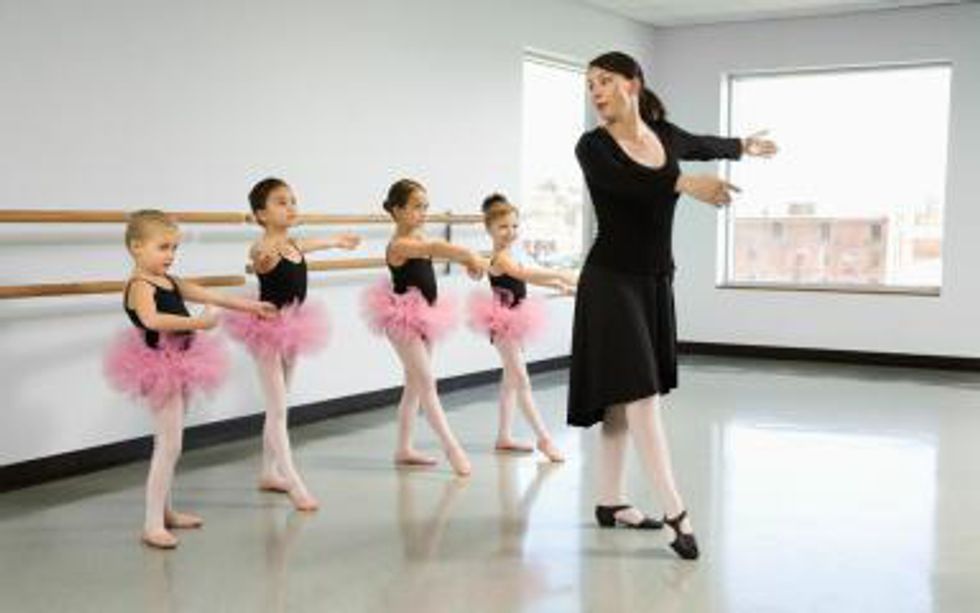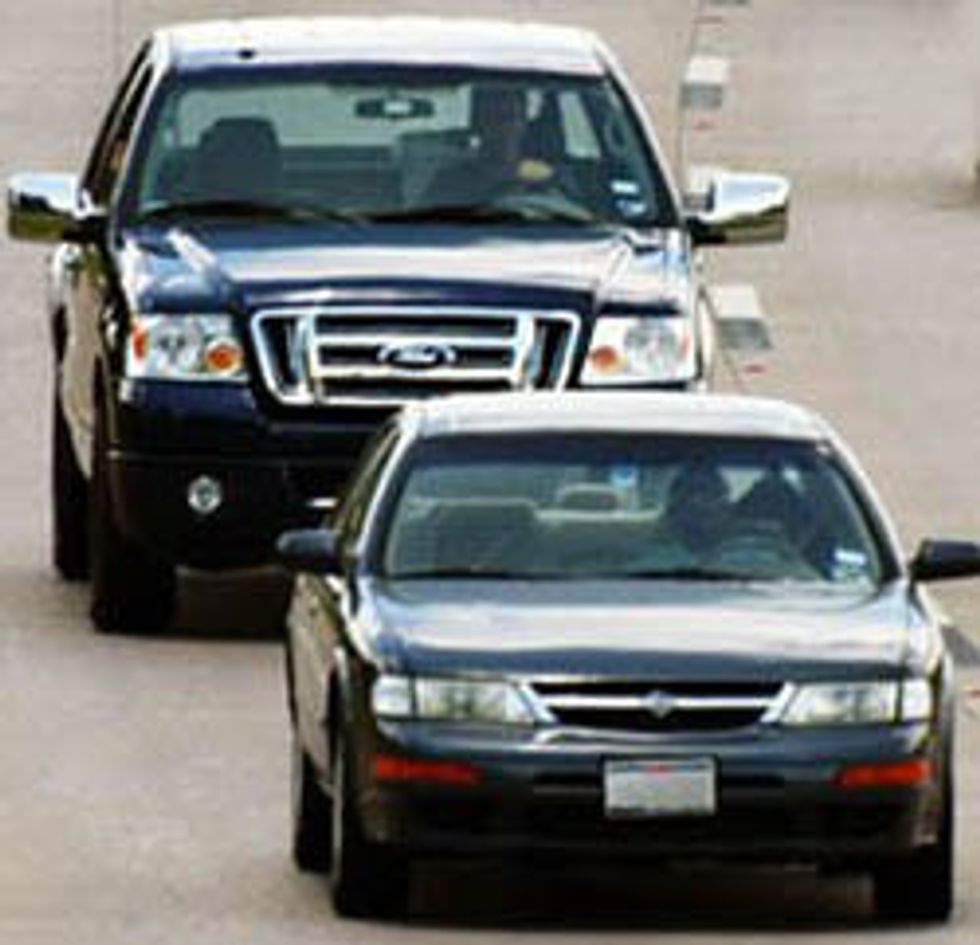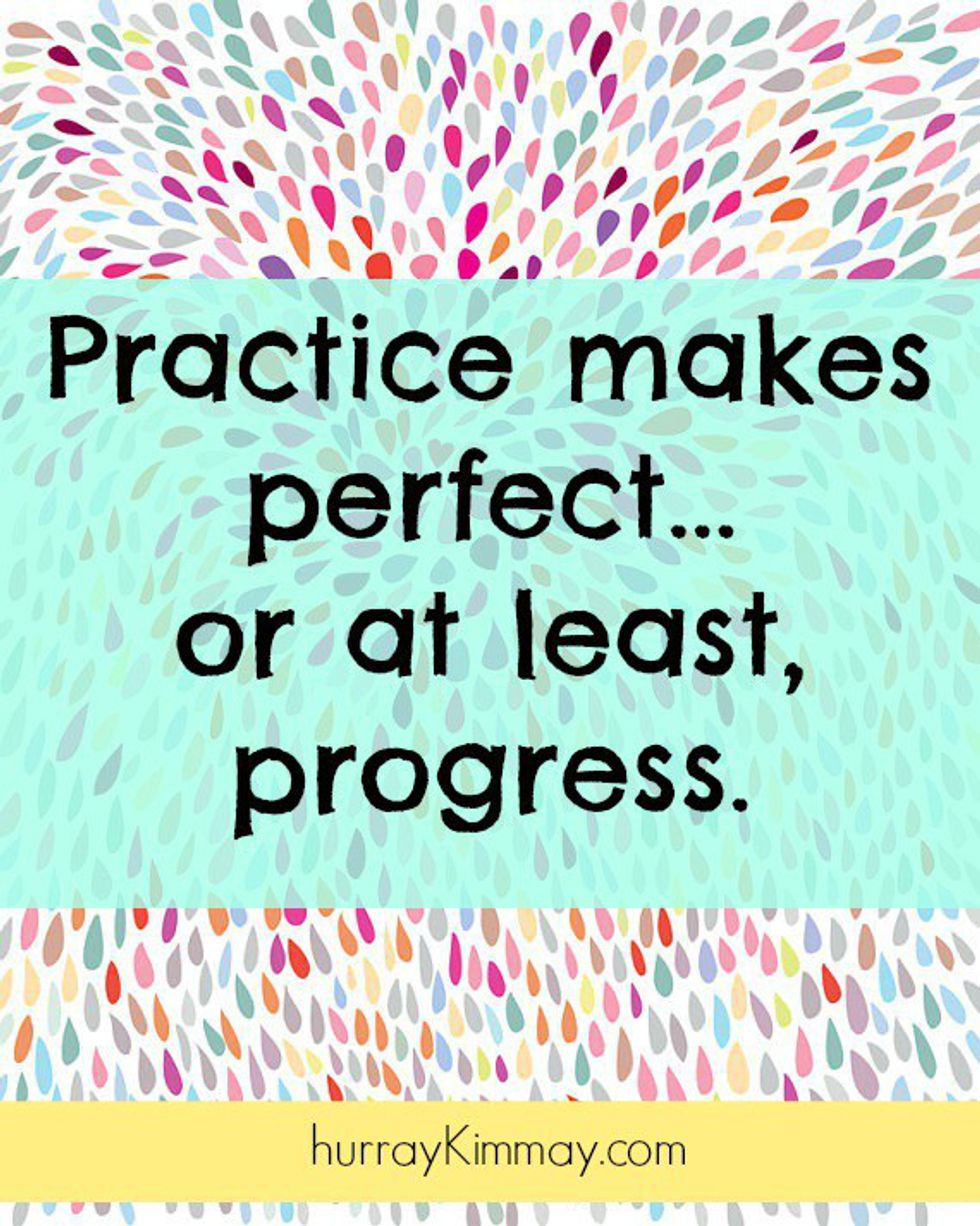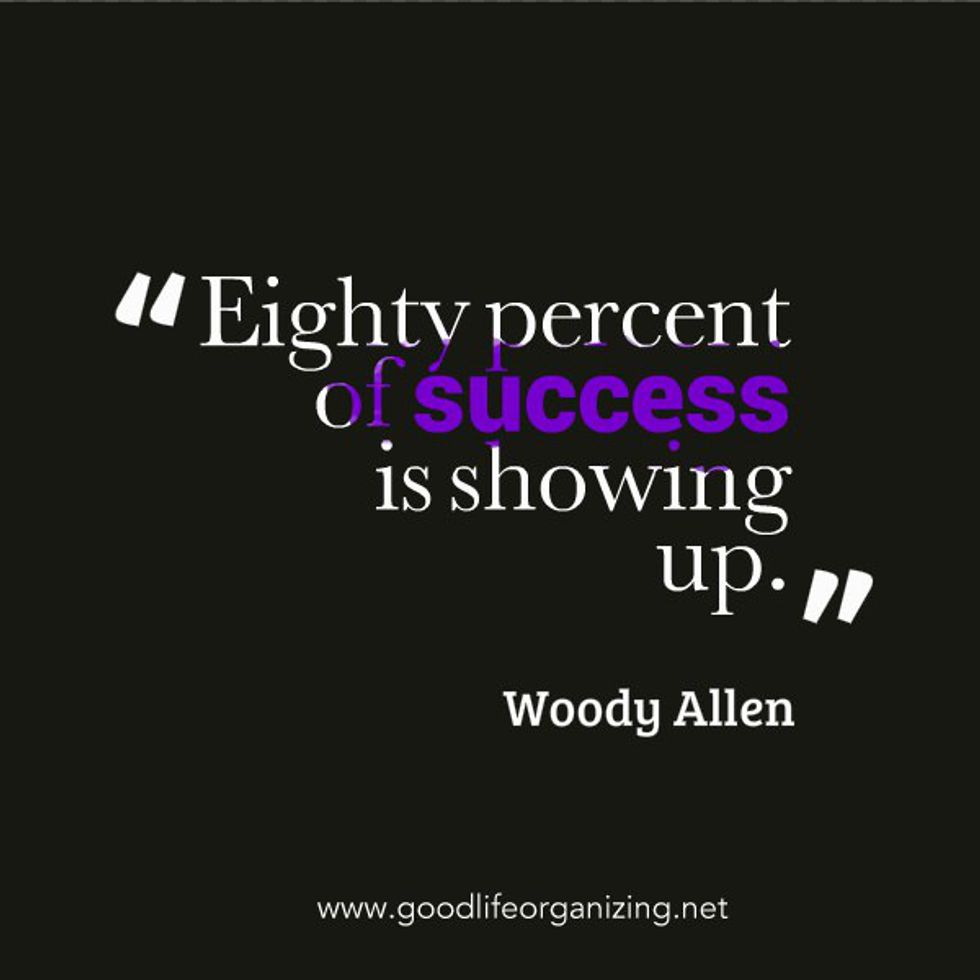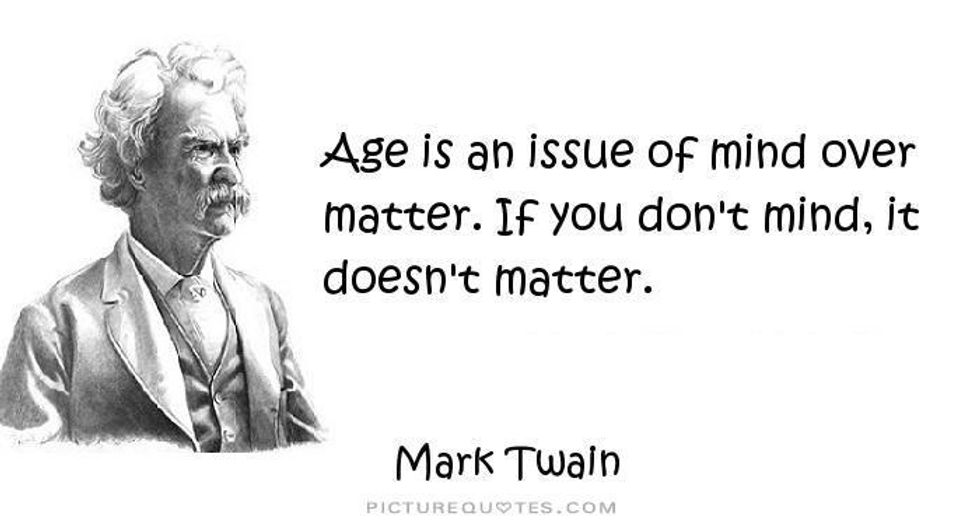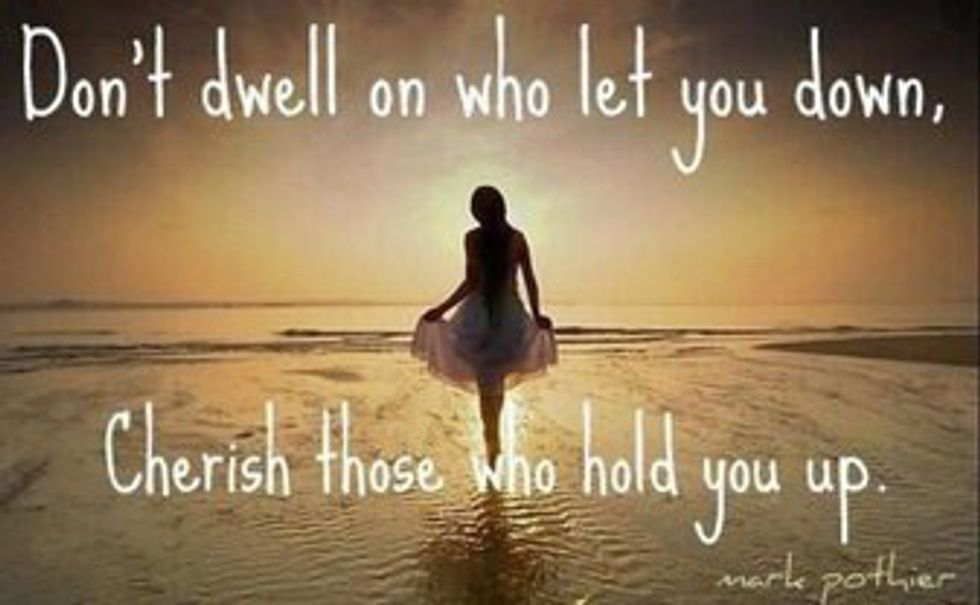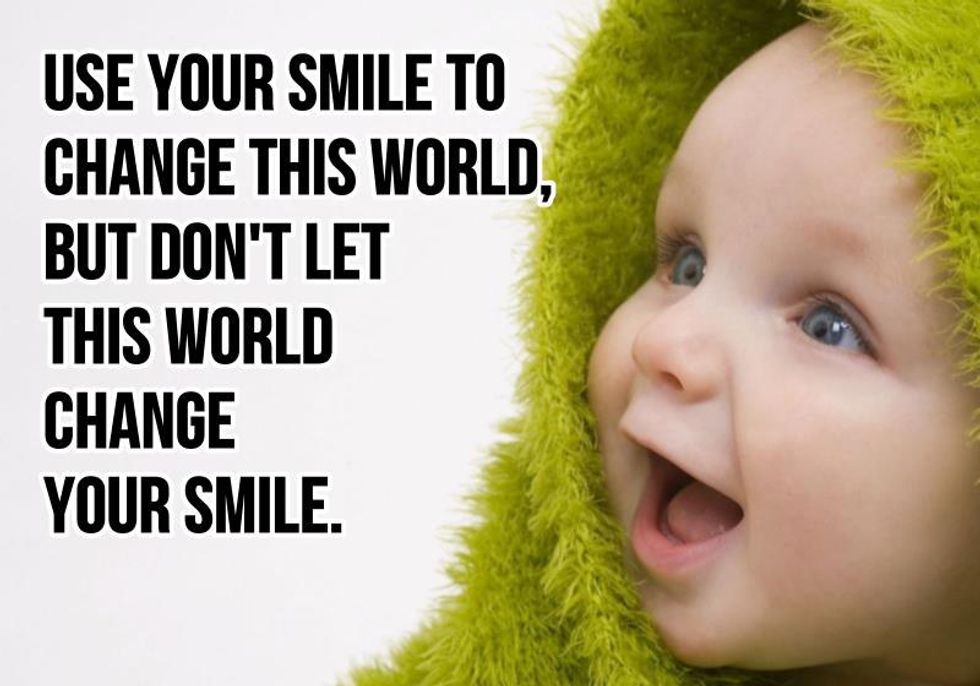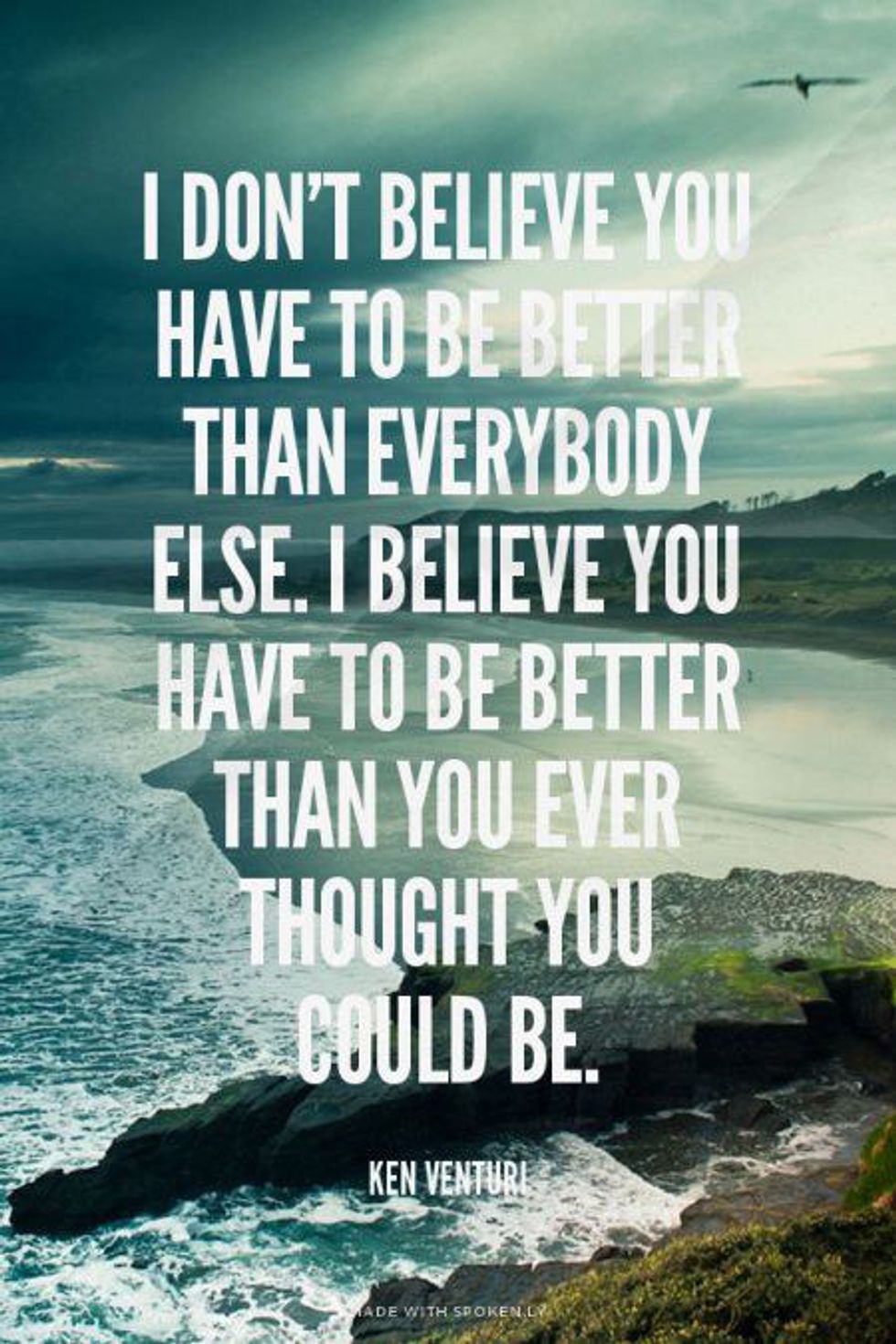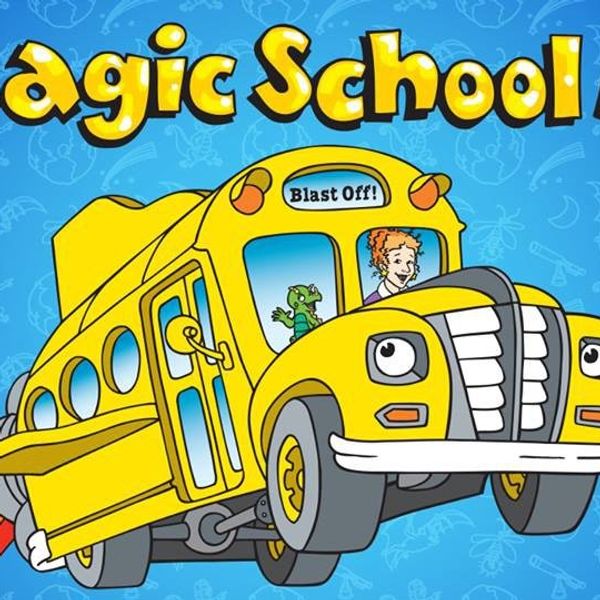Anyone who knows me will know that I'm not one of those performers who is a dancer first. Or even a dancer second, probably, since I didn't start classes until high school. But I've been able to study with teachers who have radically varying styles, and the pieces I've picked up from each of my dance instructors, often literally in their classes, have taught me valuable lessons that have carried me onto the next dance experience, and onto the next life experience as well, often in ways I never would have expected. So here are some life skills I've discovered along my personal dance journey that have guided me far beyond a pirouette or a time step.
1. Follow directions.
This sounds obvious, but it's amazing how many times I've watched one person get picked over another in dance simply for his or her ability to follow the teacher or choreographer's directions better. I've been on both sides of this situation, and in or out of dance class, it feels a lot better to be chosen for paying attention and doing things right than it does to be passed over for failing to do so.
2. It's OK to watch someone else do something before doing it yourself.
It might seem as though it would be impressive to do a dance combination with the teacher, or to try anything someone put in front of you before waiting for it to be demonstrated. But I know from personal experience that it's not impressive at all if you miss an important step of the process because you were trying to show off. At an audition for a production of Annie, I was far from the best dancer in the room, despite being one of the oldest performers there. However, I was acknowledged favorably not for my dancing, but because when the choreographer asked us to watch a step and then repeat it after him, I stood and watched as everyone else did the step with him.
3. Don't tailgate.
I'll admit I didn't learn this in dance class, but rather at a jazz audition. Who knew the same advice could apply to driving and dancing? Essentially, the teacher at this audition explained that in either case, if there is a collision, the fault lies with the dancer or driver in back, since the person in front can't tell how close or far the person behind is. So, don't stay too close to the person in front of you, because you'll be blamed when you crash!
4. Practice doesn't ever really make perfect, but it definitely helps.
There are some things, in dance and in life, that will never quite click for you. But if you don't keep practicing those difficult tasks, and keep trying to make them work a little more each time, they'll never get any better. I know I'll never be perfectly graceful in a ballet class, but with practice, I also know I've come a long way and I can go still a longer way.
5. Show up.
Like following directions, showing up sounds so obvious it's almost not worth mentioning. It's amazing how much can be accomplished by simply being present in a class or a rehearsal. You learn things you would otherwise have missed out on, but you also show those in charge that you care about what you're doing, and that you want to make an investment of time in yourself--time, the most basic and most important thing you can invest. When you show up, you allow things to happen; nothing happens for those who wait for it to come to them.
6. Age doesn't determine how much a person has to teach or to learn.
I've spent a lot of time recently in dance classes with people much younger than me. Sometimes that's a few years; sometimes that's half my age or less. It embarrassed me at first how late I was to the game, when all of these tiny little kids were already playing it, and playing it well. (And believe me when I say that they are truly tiny!) Despite how awkward I felt about it, I learned how to humble myself a little and watch how they managed to do what I had difficulty with, and I improved as a result.
7. Surround yourself with the people who help you learn in the best way for YOU.
Sometimes, that's the fanciest people, the famous ones with the nice-sounding resumes. Sometimes, it is. But not always. It's so, so important that the people you are allowing to influence you are going to help you learn and grow in a manner that is productive for your specific being. The strategies that work for others, that might've gotten a certain teacher famous, might not work for you, and that's okay; it just means that you need to seek out other teachers whose methods will work for you.
8. Arms, Energy, Smiles!
Okay, I'm not sure exactly how stellar arms are going to help you in life outside of dance, but I do think that energy and smiles are important components of anything you choose to spend your time doing. The energy you put in and the smiles you have during and after show how much fun you were having, and that's really the point of it all, for me, is to be having fun.
9. You can enjoy an activity even when you're not the best or most talented person in the room.
This is probably the biggest lesson I had to learn. I grew up being generally good at most things I tried. It was so tempting sometimes to give up dance, because it was hard, and that was a really new experience for me, facing true difficulty with an activity. What I eventually realized was that those struggles made the victories ten times more exciting than doing well at something that was easy. Once I stopped trying to be the best and started trying to be my best, as cliche as it sounds, I was able to enjoy the ups and downs, the wins and the losses, much more often. I came to enjoy something that was hard, and to be less daunted by other challenges along the way.
There are many simpler, clearer lessons a person can learn from dance also: discipline, confidence, perseverance, for example. But dance itself has never been simple or straightforward for me, so naturally, neither are the life skills I've gained from it.




